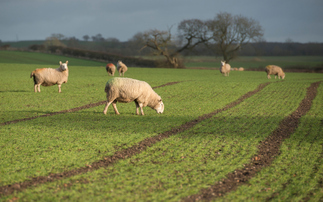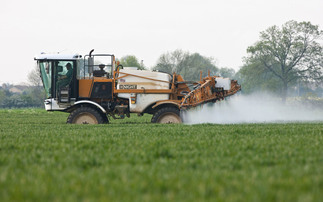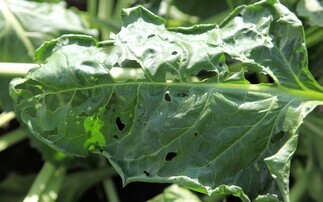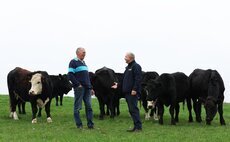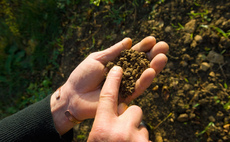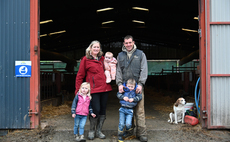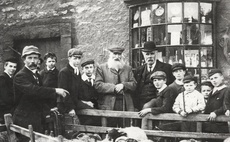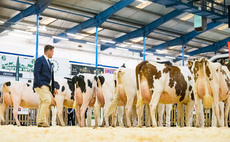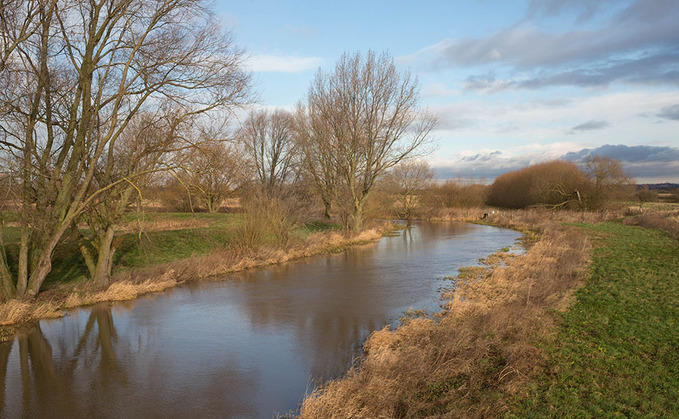
This summer, an additional 1,000 hectares of subsidised cover crops have been planted by farmers across the East of England to improve soil quality and to help protect the environment with funding from Anglian Water.��
For a third year, Anglian Water is also launching its , offering bespoke support to farmers across the region, with applications open from October 2, 2023.��
The grant is specifically aimed at supporting and developing new and innovations to find solutions to local raw water quality challenges such as herbicides, nitrates, phosphates and soil loss in priority catchments.����
Last year the fund supported over 45 projects, delivering over £1million of benefit across the region.����
Read more:��Farmers need confidence in��grants
Reducing costs
Richard Heady, Milton Keynes based farmer says: "Benefitting from both Anglian Water's subsidised cover crop offer and 51AV��ƵInnovation Grant, I've been able to reduce my costs, improve my farming techniques and protect the environment surrounding my farm.��
"Funding from the grant allowed me to buy a stubble rake for my farm which I've been able to use to rake in the cover crops into my fields. These will help lock any nutrients into the soil that have been left in from the previous crop and reduce the need for pesticides. The risk of soil, nutrients and pesticides washing down the field towards the nearby watercourse will be reduced."��
Watch more:
Chris Hewis, Catchment Advisor for Anglian Water says: "It is vital that Anglian Water works with farmers, like Richard, to ensure that we maintain healthy water quality as well as healthy crops and a healthy rural economy.��
"There are so many mutual benefits to planting cover crops. For example, when we look at the reduced need for pesticides, although we can remove many chemicals from raw water before we put it into supply, a far more sustainable and environmentally beneficial solution is to work alongside farmers to reduce the chance of pesticides getting into the water in the first place. Reducing the need for pesticides also reduces costs for farmers.��
Supporting farmers
"Schemes like this mean we can support farmers, providing them with local initiatives to aid food production, water resources and environmental protection - ultimately a positive for both our customers and the environment."��
The projects form part of the company's Water Industry National Environment Programme (WINEP) - the largest plan of any water company with a total investment of over £800million of work which is specifically targeted at protecting the environment and improving water quality.����





